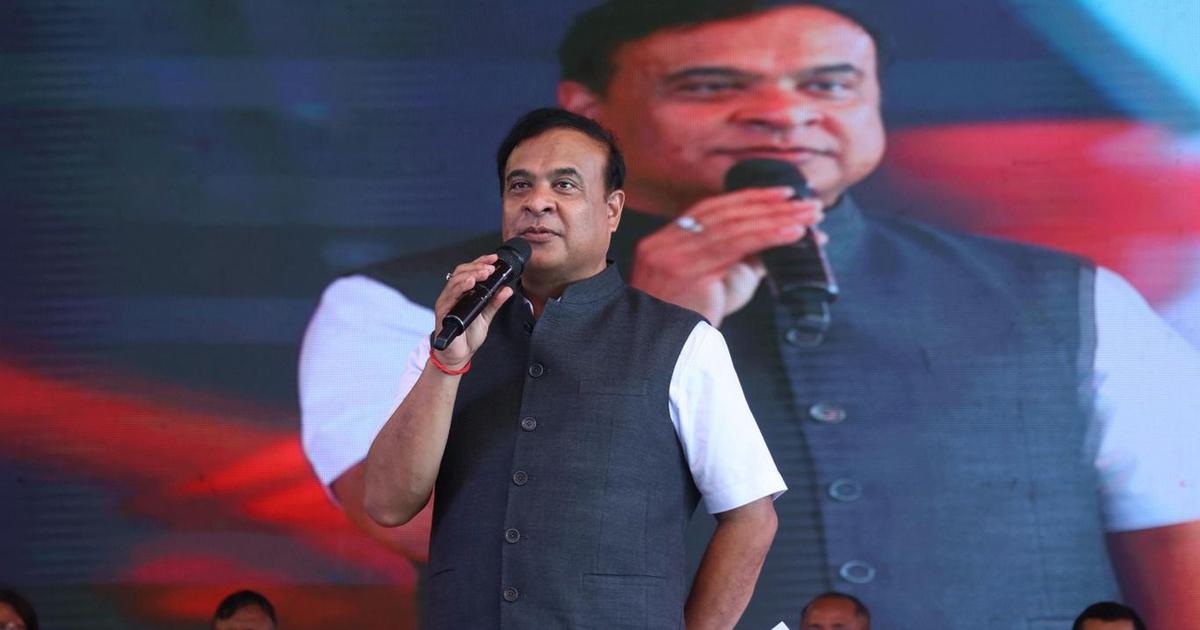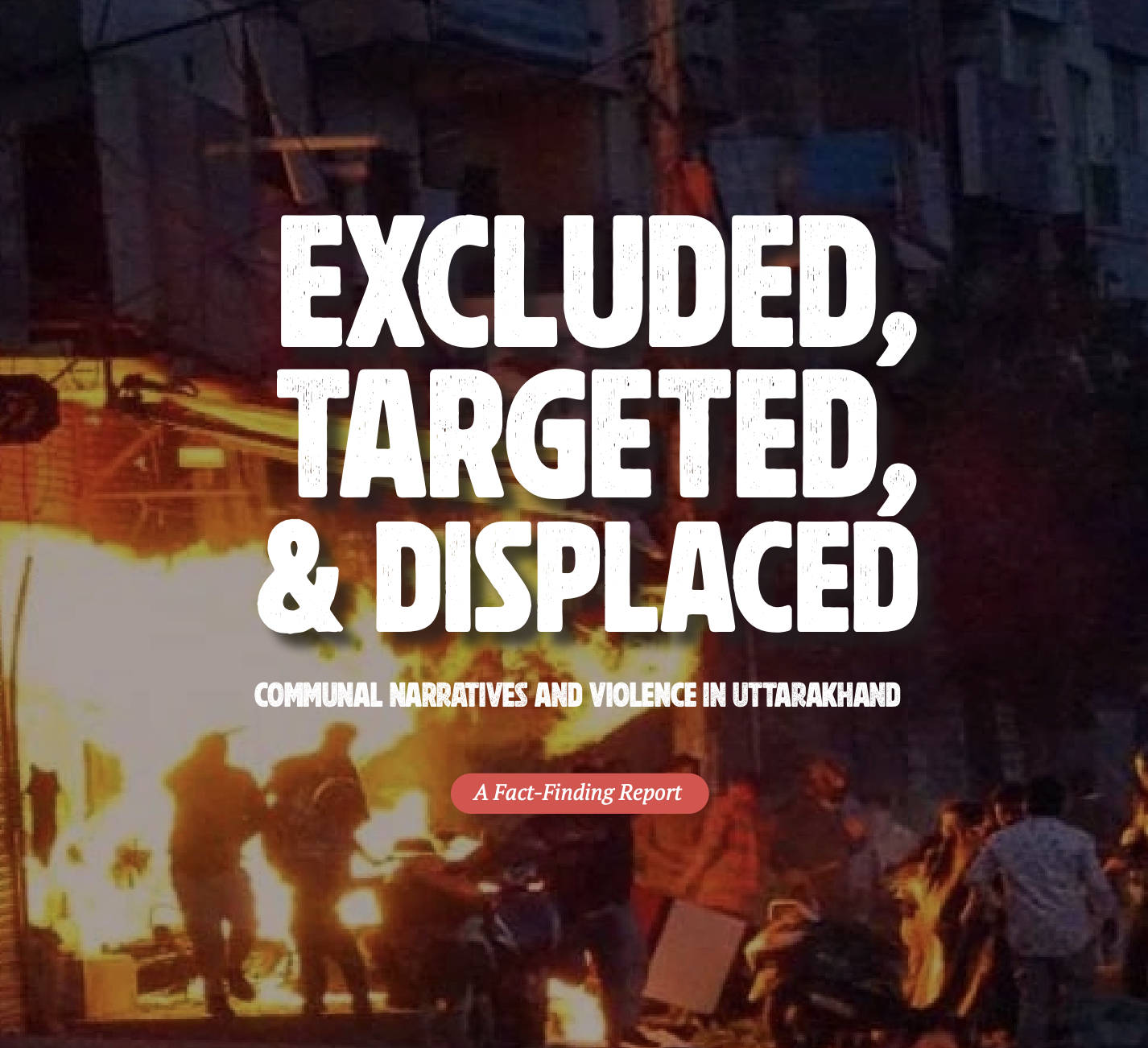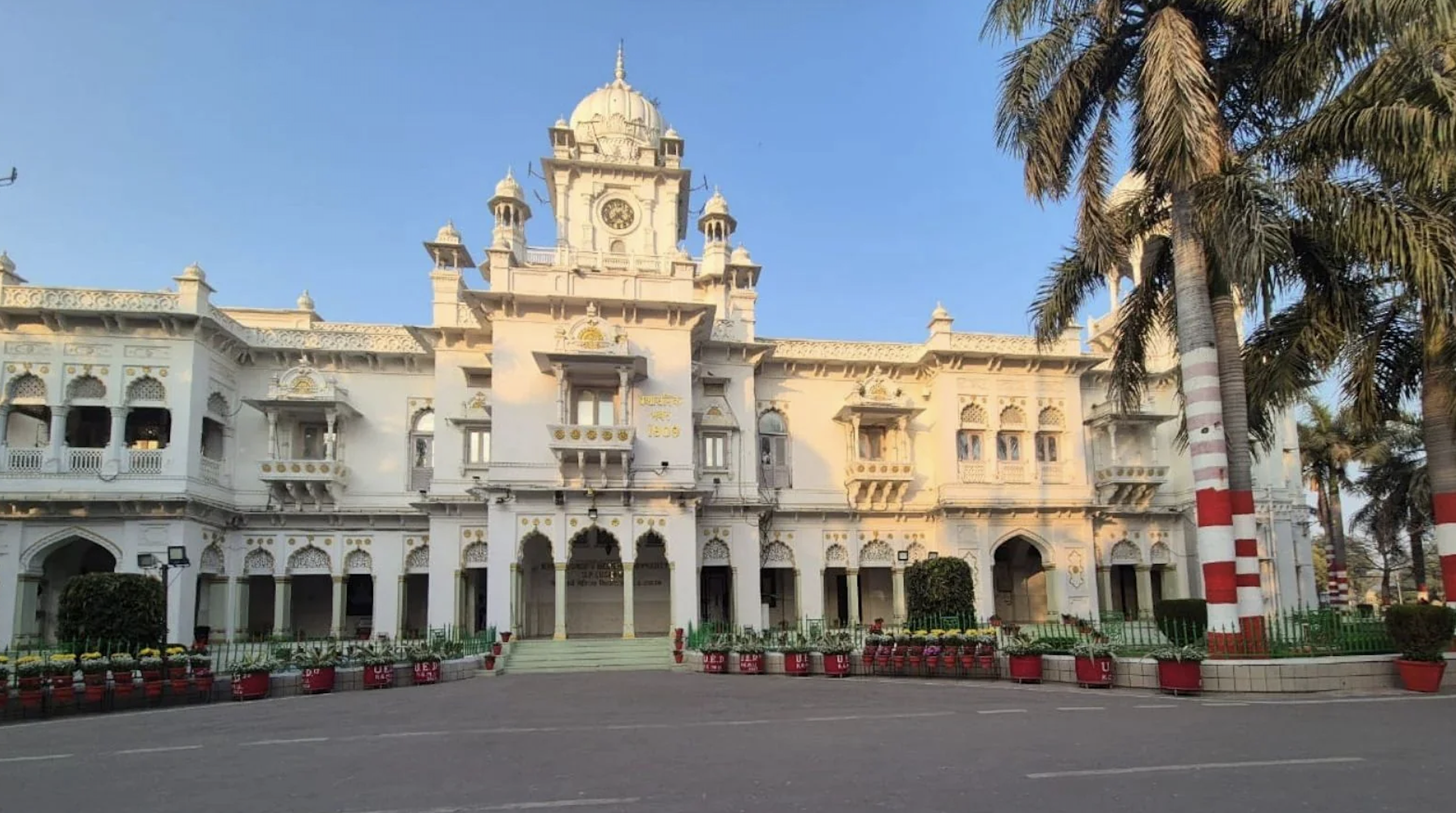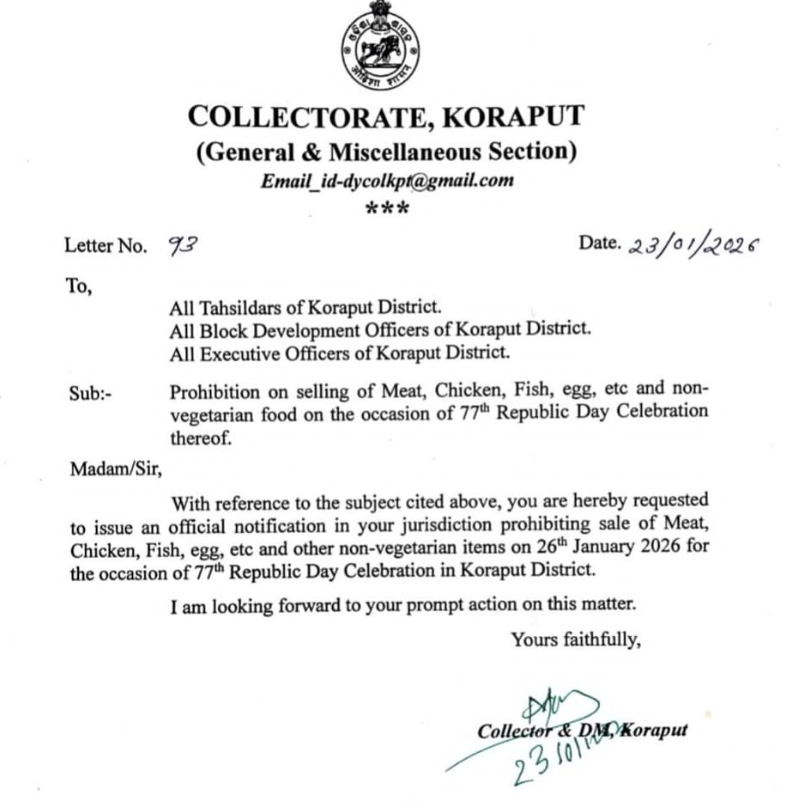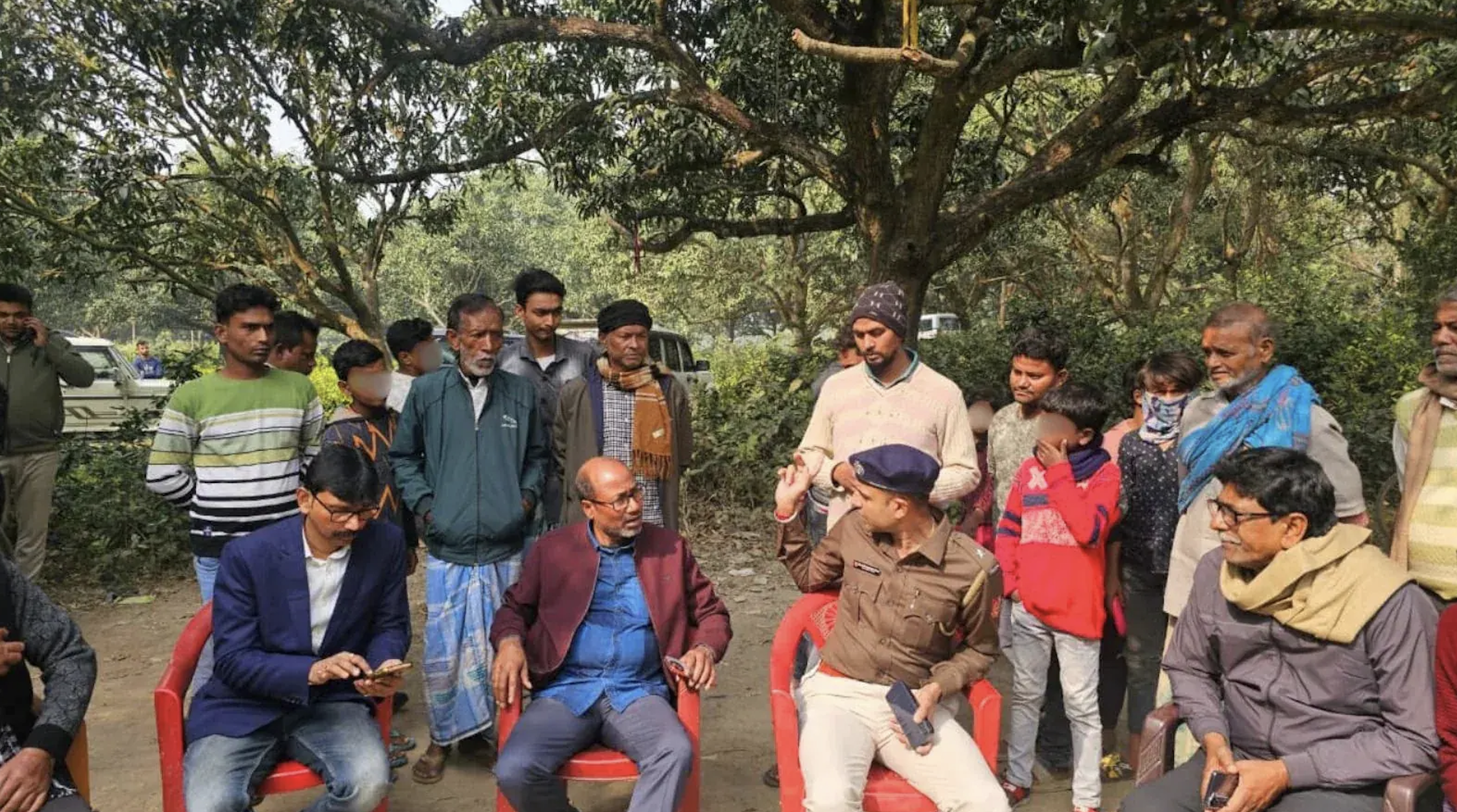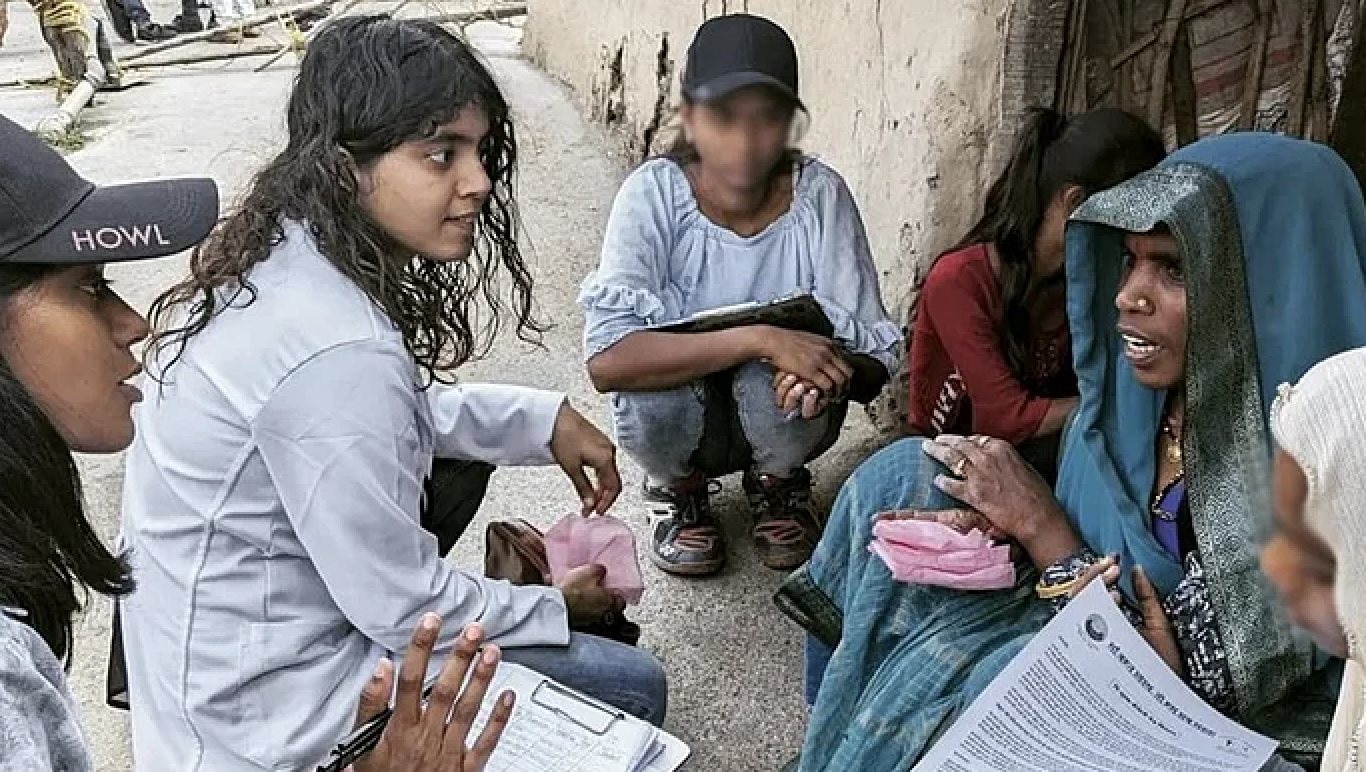
In the village of Shukrawasa, tucked deep inside the jungle in Madhya Pradesh’s Dewas district, a quiet transformation was underway. A group of young professionals – a NEET topper, an MBA graduate, a filmmaker, a dancer, two students, and two journalists – had come together with one goal: to change lives.
Over five years, they opened a free dispensary, revived the local panchayat, improved sanitation, and helped villagers access education, clean water, electricity and welfare schemes. They taught women to read, held hygiene workshops, and worked with residents to build a ‘model village’ – all with local support.
This group – the How Ought We Live, or HOWL, collective – now finds itself at the centre of a storm. They’ve faced assault by right-wing groups, accusations of religious conversion, police harassment, media vilification, and the bulldozing of their rural office.
“We’re just ordinary citizens from different walks of life who came together with a simple goal: to help develop a backward, deprived village. Since when did working for rural communities become a crime in this country?” asks filmmaker Pranay Tripathi, who is a member of the collective, all of whose members happen to be Hindu.
Newslaundry spoke to members of the collective and villagers, and also scrutinised police and court documents, to piece together what happened.
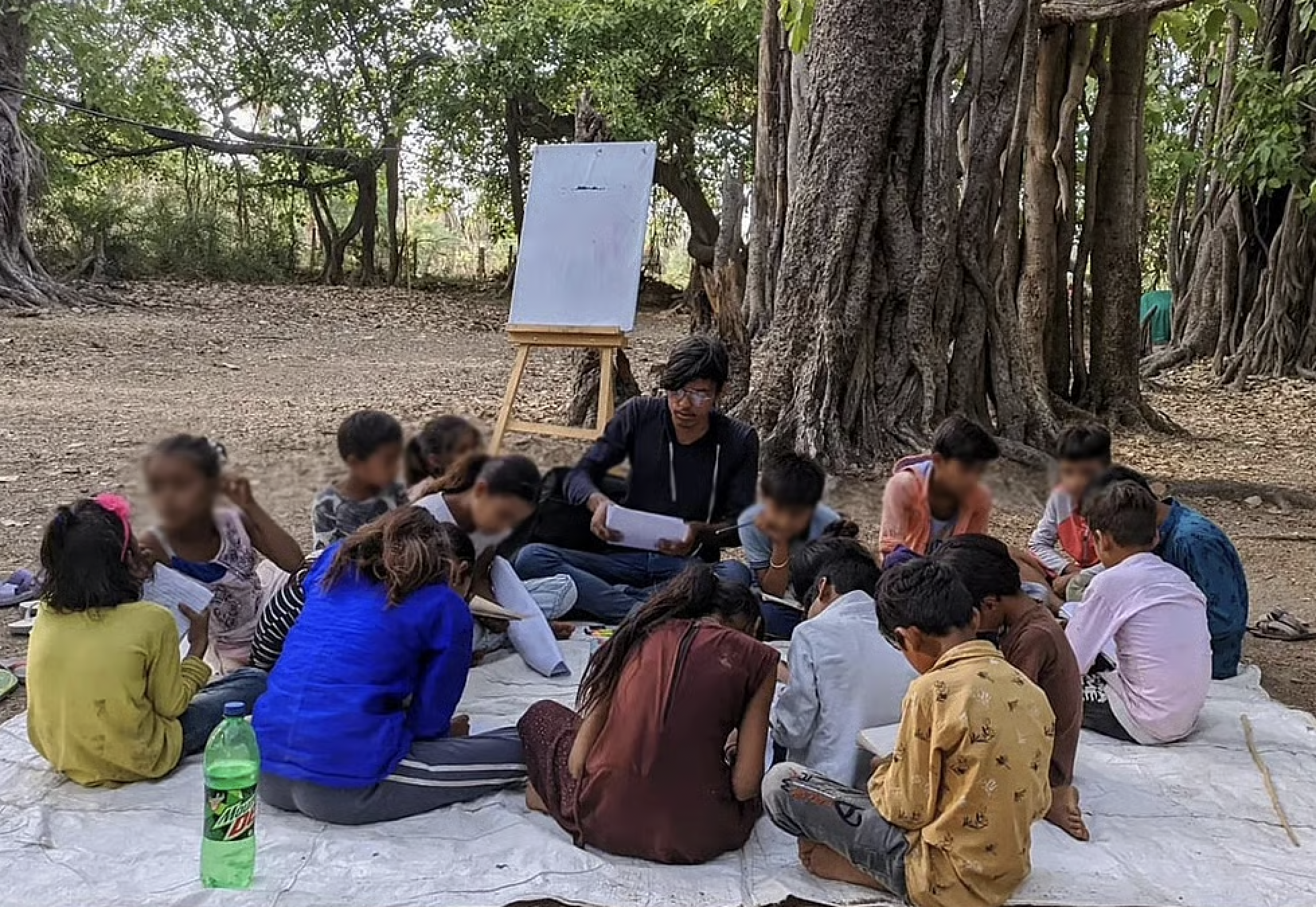
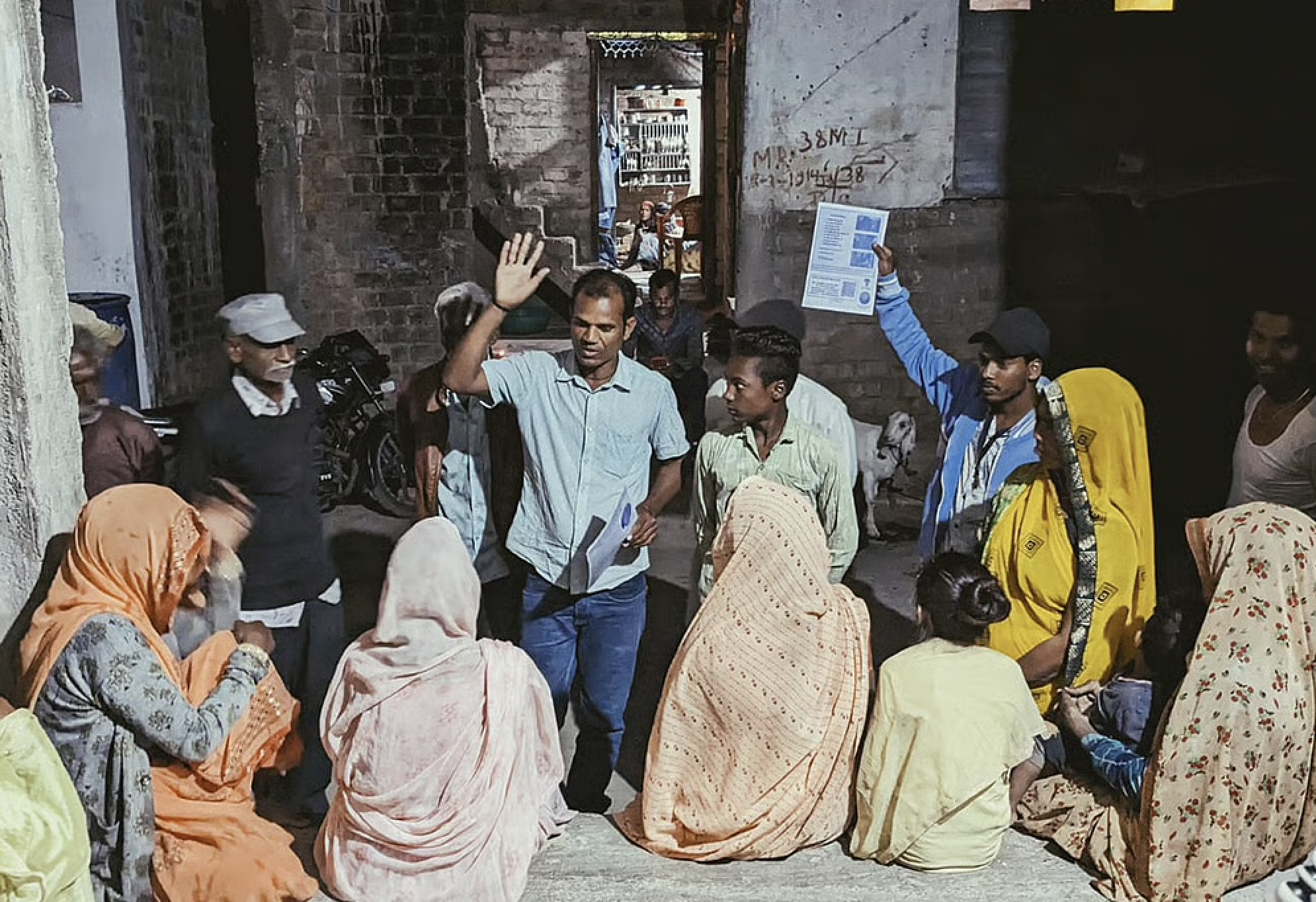
A mysterious report
The collective began in February 2021, after journalist Saurabh Banerjee visited Shukrawasa on a camping trip. Moved by the village’s poverty, he assembled a team to help. As their work gained traction, villagers formed a 150-member group – the Parvatpura Panchayat Development Committee – to collaborate with HOWL on issues like health, education and right to dignity.
Both groups have a list of achievements: sanitary pad distribution, implementation of government welfare schemes, campaigning against bonded labour, raising awareness on constitutional rights, pushing for SC/ST villagers to enter village temples, setting up a flour mill, opening a village library, and helping students secure college admissions.
Then, in May, 2025 two men visited HOWL’s office in Shukrawasa.
Shweta Raghuvanshi, 25, a NEET topper is currently doing her medical internship after an MBBS, said she was present at the time. “Their names were Sanjay Sen and Ambar Nayak. They said they were journalists from a newspaper called Sanjha Lokswami and they wanted to do a ‘positive story’ on us. Those were their exact words,” she said.
This story was originally published in newslaundry.com. Read the full story here.


